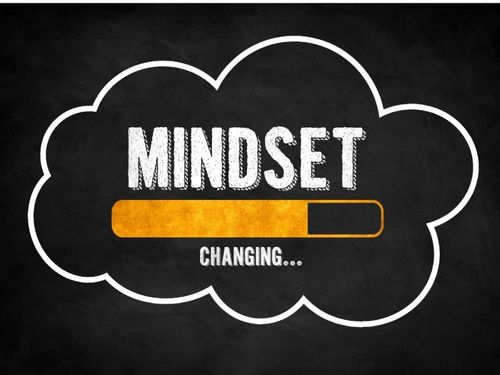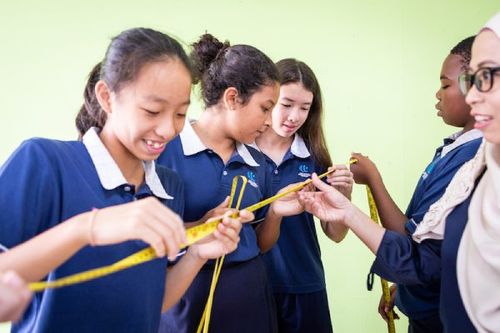An individual’s mindset can play an important role in the way they see the world around them. It can also influence the actions that they take in progressing towards their goals. A person with a fixed mindset, for instance, is likely to believe that there is a limit to their abilities. They may feel like they do not have a lot of control over their destiny, which can lead to frustration and even failure.
Someone who has a growth mindset, on the other hand, is likely to have a more positive outlook on life. They know that through hard work and effort, they can continue to strive toward their goals.
At One World International School, we believe that a growth mindset plays a pivotal role in a child’s ability to be successful both in their academic and personal lives. Here is what you need to know:
Growth Mindset vs Closed Mindset
Before you can begin encouraging students to develop and adopt a growth mindset, you need to have an in-depth understanding of how these mindsets are defined.
- Growth Mindset — An individual who has a growth mindset understands that their skills and abilities can be developed and changed over time. They know that they can continue to improve if they put forth the effort and if they partner with mentors, guides and teachers who can help them learn.
- Closed Mindset — An individual who has a closed (or fixed) mindset believes that their level of understanding is the result of genetics and cannot be changed or improved upon. They feel that they already have all of the talents that they can have, and they often become easily frustrated by a lack of improvement in their own abilities.
Why a Growth Mindset is Necessary for Learners

Students who have a growth mindset do not get as frustrated by stumbling blocks, because they believe that through hard work and perseverance they will accomplish their end goal.
How to Shift from a Closed Mindset to a Growth Mindset
Fortunately, students who are stuck in a fixed mindset can transition to a growth mindset when they have the right tools at their disposal. There are a few tips that may help you transition from a closed mindset to a growth mindset.
- Acknowledge your flaws or your mistakes. Everyone makes mistakes. Rather than being disappointed in yourself, use your mishap as a learning experience.
- Worry less about approval or assessments. The grade that you get doesn’t matter as much as the feedback that your teacher provides that will help you improve.
- Stop using time as a measure for success. The process — whether it is fast or slow — is more important than the speed.
How Teachers Can Help Students Develop a Growth Mindset
At OWIS, our teachers work to foster a growth mindset in students of all ages by taking simple steps, such as using language that encourages students to continue trying and providing students with opportunities for open-ended dialogue. Our teachers provide specific and individual feedback and insight that shows students where they can improve and gives them actionable steps to help them reach their goals.

How Parents Can Support a Growth Mindset at Home
One of the best ways for parents to support a growth mindset in their children at home is to adopt this way of thinking for themselves. You need to be able to accept and believe in the power of what is yet to come. Once you have developed a growth mindset for yourself, you can foster this powerful mindset in your children and support them throughout their educational journey.
Teachers at OWIS support students in a variety of ways to help them develop a growth mindset. In addition, we provide parents with the resources they need to encourage the shift to a growth mindset at home. Our values-driven educational programme naturally complements the elements of growth mindset development, which allows our learners to adopt this way of thinking quickly.
For more information about the important role that a growth mindset plays at OWIS, contact us today to set up a virtual tour.
Please note: All the images in this blog were taken in pre-Covid times.















